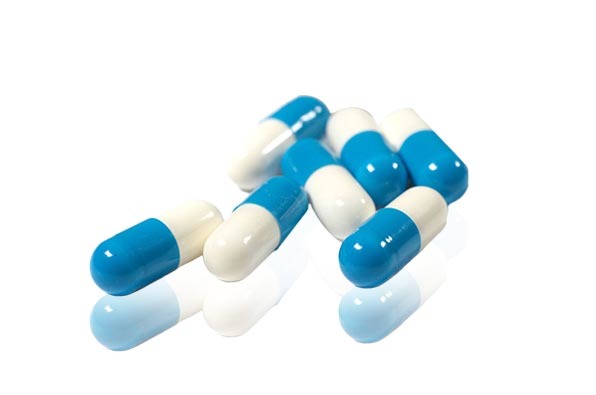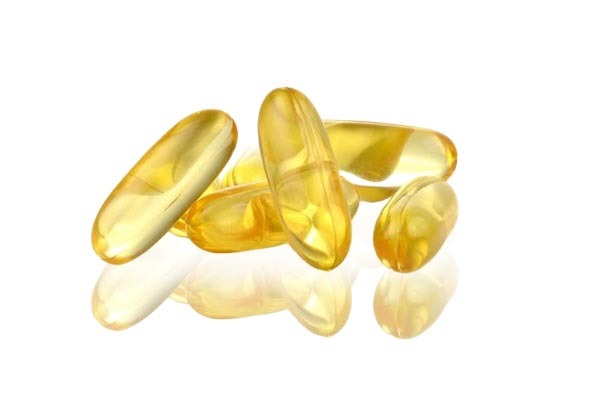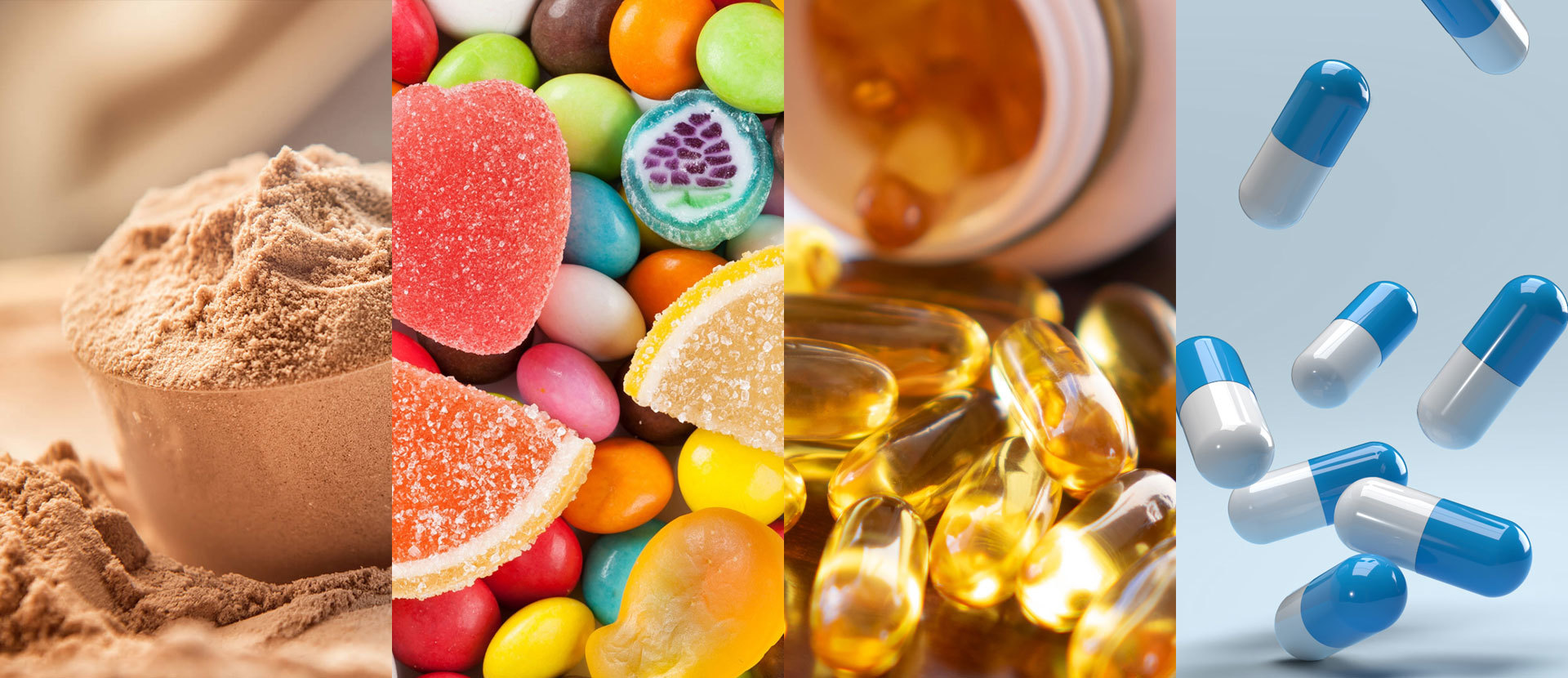News center
The Benefits and Uses of Hydrolyzed Collagen in Food Additives
Release time:
2025-04-25
Hydrolyzed collagen, often referred to as collagen peptides, has gained substantial attention in the agricultural food sector, especially as a food additive. Derived from animal sources, hydrolyzed collagen undergoes a process known as hydrolysis, breaking down the collagen protein into smaller peptides. This transformation enhances its digestibility and absorption, making it an appealing ingredient for various food applications.
One of the primary benefits of hydrolyzed collagen is its rich source of essential amino acids, particularly glycine, proline, and hydroxyproline. These amino acids play a crucial role in supporting the body's structural proteins, including skin, tendons, and cartilage. As a result, incorporating hydrolyzed collagen into food products can contribute to improved skin elasticity, joint health, and overall wellbeing.
In addition to its nutritional benefits, hydrolyzed collagen is highly versatile in its applications. It can be easily integrated into a wide range of food products, including beverages, protein bars, dairy products, and baked goods. Its neutral taste and odor allow it to blend seamlessly into formulations without altering the flavor profile. This flexibility makes hydrolyzed collagen an excellent choice for manufacturers looking to enhance the nutritional value of their products while catering to health-conscious consumers.
Moreover, the use of hydrolyzed collagen in food can also be attributed to its functional properties. It acts as a gelling agent, thickener, and stabilizer, improving the texture and mouthfeel of food items. This functionality is particularly beneficial in products such as soups, sauces, and desserts, where achieving the right consistency is essential.
Another noteworthy aspect of hydrolyzed collagen is its potential role in promoting muscle recovery and overall athletic performance. Athletes and fitness enthusiasts are increasingly turning to collagen supplements due to their ability to support muscle repair and growth, as well as reduce post-exercise soreness. By incorporating hydrolyzed collagen into sports nutrition products, manufacturers can tap into the growing market of health and fitness.
In conclusion, hydrolyzed collagen is a powerful food additive that offers numerous health benefits and versatile applications in the food industry. Its rich amino acid profile, functional properties, and ease of incorporation make it a valuable ingredient for manufacturers aiming to enhance their products' nutritional and sensory qualities. As consumer demand for health-oriented food products continues to rise, hydrolyzed collagen stands out as a prominent choice in the realm of food additives.
One of the primary benefits of hydrolyzed collagen is its rich source of essential amino acids, particularly glycine, proline, and hydroxyproline. These amino acids play a crucial role in supporting the body's structural proteins, including skin, tendons, and cartilage. As a result, incorporating hydrolyzed collagen into food products can contribute to improved skin elasticity, joint health, and overall wellbeing.
In addition to its nutritional benefits, hydrolyzed collagen is highly versatile in its applications. It can be easily integrated into a wide range of food products, including beverages, protein bars, dairy products, and baked goods. Its neutral taste and odor allow it to blend seamlessly into formulations without altering the flavor profile. This flexibility makes hydrolyzed collagen an excellent choice for manufacturers looking to enhance the nutritional value of their products while catering to health-conscious consumers.
Moreover, the use of hydrolyzed collagen in food can also be attributed to its functional properties. It acts as a gelling agent, thickener, and stabilizer, improving the texture and mouthfeel of food items. This functionality is particularly beneficial in products such as soups, sauces, and desserts, where achieving the right consistency is essential.
Another noteworthy aspect of hydrolyzed collagen is its potential role in promoting muscle recovery and overall athletic performance. Athletes and fitness enthusiasts are increasingly turning to collagen supplements due to their ability to support muscle repair and growth, as well as reduce post-exercise soreness. By incorporating hydrolyzed collagen into sports nutrition products, manufacturers can tap into the growing market of health and fitness.
In conclusion, hydrolyzed collagen is a powerful food additive that offers numerous health benefits and versatile applications in the food industry. Its rich amino acid profile, functional properties, and ease of incorporation make it a valuable ingredient for manufacturers aiming to enhance their products' nutritional and sensory qualities. As consumer demand for health-oriented food products continues to rise, hydrolyzed collagen stands out as a prominent choice in the realm of food additives.
NEWS






